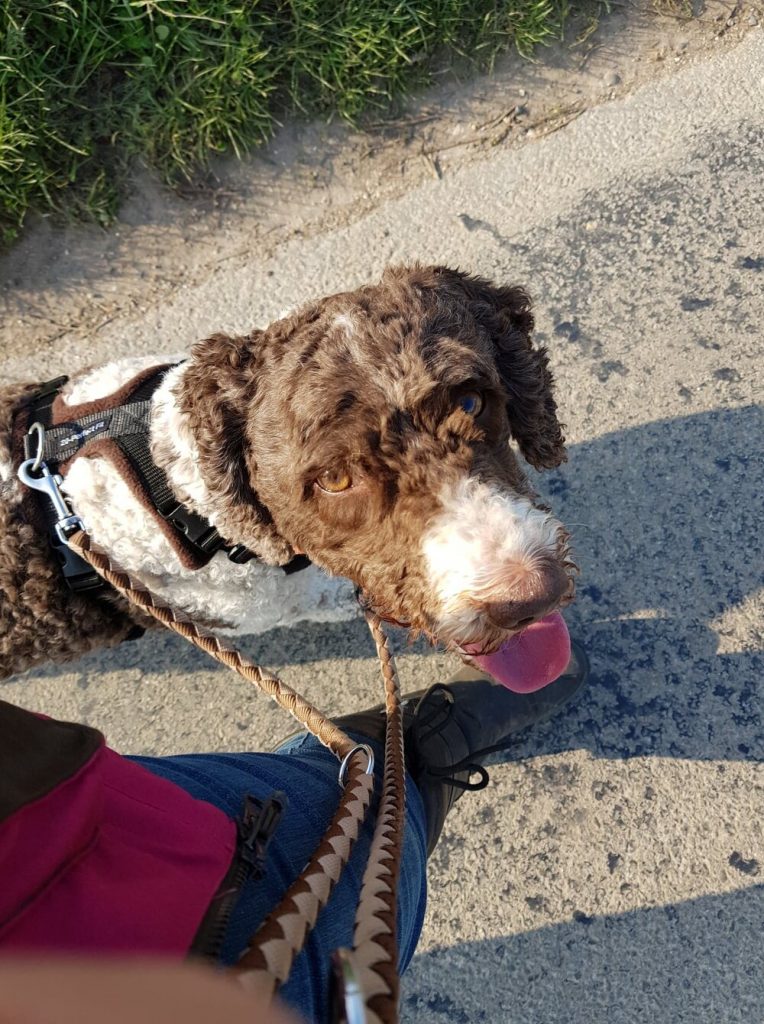The Gold Standard in Physiotherapy and Hydrotherapy for dogs
The Gold Standard in Physiotherapy and Hydrotherapy for dogs

Immune Mediated Haemolytic Anaemia (IMHA) is a condition where the body’s immune system, which normally fights infection, starts to damage and destroy red blood cells. This results in the affected animal becoming anaemic (having a low red blood cell count). In some dogs IMHA occurs without any underlying cause. However, in other cases there is an underlying reason or trigger factor that results in the body damaging and destroying red blood cells, and this is termed secondary IMHA.
Affected dogs may show signs of:
Blood tests will be performed to determine the degree of anaemia. Other blood tests will be carried out to check general body organ function, and urine tests will often be performed to check for any evidence of urinary tract infection. Advanced imaging of the chest and abdomen is frequently recommended for patients with suspected IMHA.
Primary IMHA is usually treated with drugs to dampen down the immune system which has become overactive i.e. immunosuppressive therapy. In pets which are very anaemic a blood transfusion may be needed, and a blood-typing test is often performed before the transfusion.
Rehabilitation therapy is not always about solving a neurological or orthopaedic issues but it can play an important role in maintaining the general health and fitness of your dog. Initial therapy may include a variety of exercises to strengthen musculature and cardiovascular fitness as well as maintaining mobility. An important part of this is aquatic rehabilitation to focus on improving mobility and fitness without putting additional strains on the body.
Our friendly and skilled physiotherapists are ready to help you and your dog with their rehabilitation.
The content on this page is for advice and information only and does not represent veterinary guidance or direction. Please always consult a veterinary surgeon if you are worries about your dog.